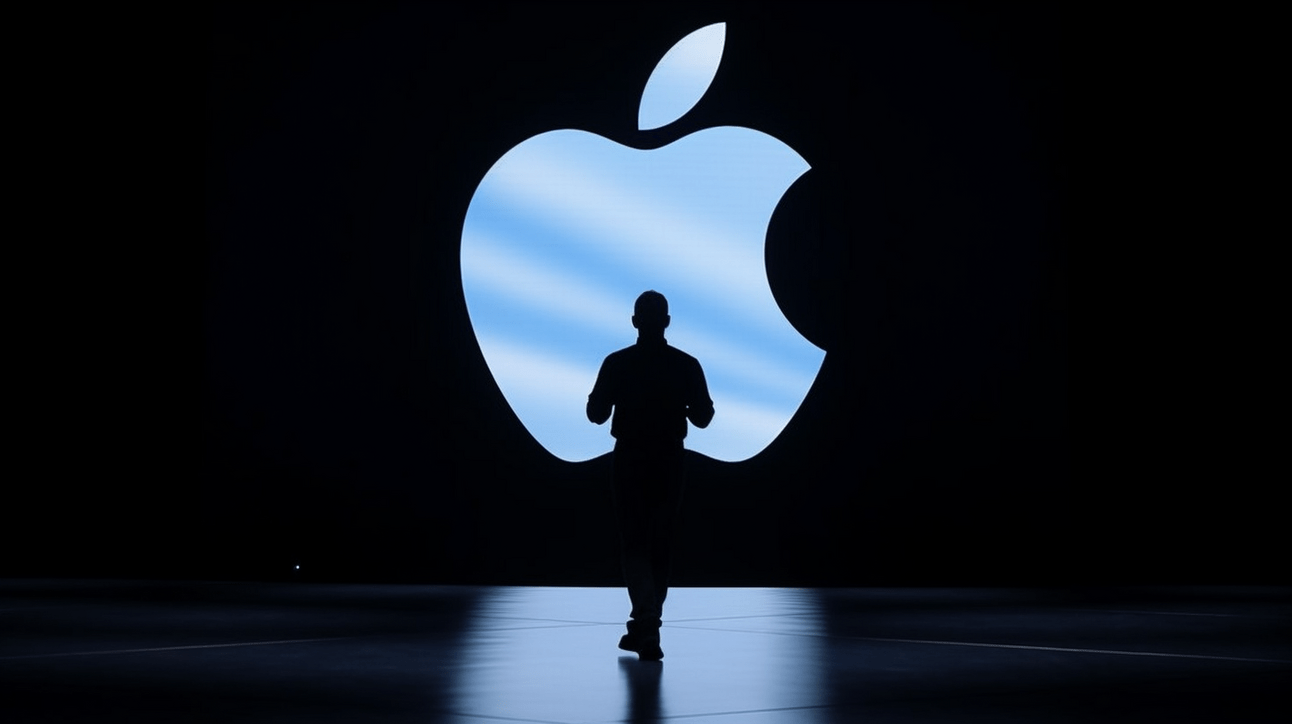Apple’s Quiet Leap into Generative AI Search
Apple is reportedly developing its own AI-powered “answer engine.” This move signals the tech giant’s intent to compete directly with Google, Microsoft, and OpenAI in the AI search space. While Apple hasn’t officially confirmed the project, insiders suggest it’s already in the advanced testing phase.
This AI engine is designed to provide concise, natural language responses to user queries, eliminating the need to scroll through multiple links.
Why Apple’s Answer Engine Could Be a Game-Changer
Apple has always focused on user experience. With the growing popularity of voice assistants and AI chatbots, Apple may be planning to make Siri smarter than ever. The new AI system could seamlessly integrate into iPhones, iPads, and Macs. That would place answers right at users’ fingertips — fast, private, and highly relevant.
Unlike Google’s ad-driven model, Apple could use its privacy-first strategy to offer cleaner, bias-free results. That’s a compelling pitch in today’s digital landscape.
A Direct Challenge to Google’s Dominance
For decades, Google has ruled search. But user habits are shifting. ChatGPT, Perplexity AI, and Claude have shown that people prefer direct answers over cluttered result pages. Apple stepping into this space is no coincidence.
If Apple combines this engine with its massive ecosystem, it could change how users search forever. Imagine asking your iPhone a complex question and getting a tailored response instantly — no ads, no distractions.
Privacy at the Core of Apple’s AI Strategy
Apple’s AI ambitions come with a twist — privacy remains non-negotiable. While other tech giants collect vast amounts of user data, Apple may train its models on-device or through anonymized data.
This privacy-focused approach may slow data collection but could earn trust. As users grow wary of surveillance-based tech, might be more attractive.
AI + Hardware: Apple’s Ultimate Power Move
What sets Apple apart is its tight integration of software and hardware. By combining the answer engine with Apple Silicon chips and iOS, the company can optimize speed, battery efficiency, and on-device intelligence.
In future iPhone models, users might see a smarter Siri, capable of reasoning, summarizing content, and even giving real-time, context-aware suggestions. This shift could reshape digital assistants from simple task executors to full-fledged knowledge engines.
Implications for Developers and Businesses
If Apple opens the answer engine to developers, it could revolutionize app search functionalities. Businesses may start optimizing for Apple AI just like they do for Google SEO.
It could also spawn new tools, plugins, and integrations specifically designed for Apple’s AI ecosystem. That means more competition, more innovation, and more user-centric experiences.
What This Means for the Future of AI Search
Apple’s entry into generative AI marks a new chapter. Big Tech is racing to dominate the future of search, and Apple is no longer on the sidelines.
Its focus on clean UI, privacy, and hardware-software synergy could redefine how we interact with information. If done right, Apple could quietly dethrone the search king — not with noise, but with precision and elegance.
Conclusion: Apple’s AI Engine Is Coming — Quiet but Powerful
Apple’s answer engine isn’t just another AI tool — it’s a bold step toward the next generation of search. It promises speed, simplicity, and privacy in one package.


